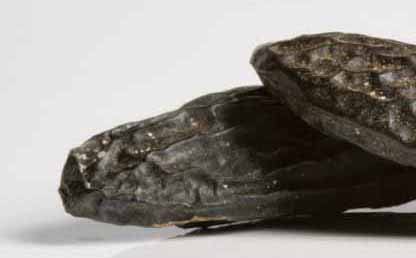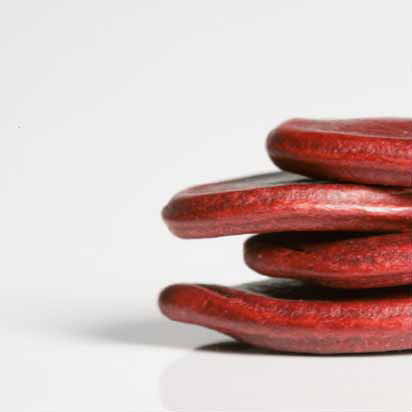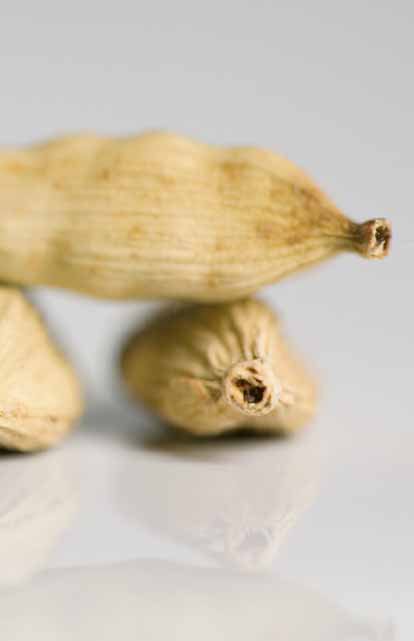
Harold McGee, a scholar of world recognition, a genius especially on food chemistry and cooking, in his monumental encyclopedia On Food and Cooking (with a prologue to the Spanish edition by the biochemist Unai Ugalde and my young and admired colleague Mr Andoni Luis Adúriz) quite rightly tells us: ‘seeds are our most durable and concentrated food. They are tough lifeboats designed to carry the descendants of a plant to the port of a distant future.’ It is undoubtedly a synthesized explanation, filled with poetry but at the same time rigorously scientific. Later, in a clairvoyant way, the author demonstrates the nutritional and culinary value of the same, noting that: ‘as ingredients, seeds have much in common with milk and eggs. All are composed of basic nutrients created to nurture the next generation of living beings; all are relatively simple and of little taste by themselves, but they have inspired cooks to transform them into some of the most complex and delicious foods we have.’
From purely culinary experience, we can confirm that all of this is very true and that seeds are part of many of our dishes, not so much for their nutritional value but for that very unique touch they provide, however small and simple they may seem. The magic of a bread with sesame seeds undoubtedly makes it outstanding, complex... different.
We can find sesame or sesame seeds (small oilseeds) untoasted, toasted, ground with salt, called gomasio, in the paste called tahini, in oil, mixed with aromatic herbs etc. Starting with our local seeds, whether white, gold or black, their most common use is to complement or enhance a dish or contribute a grainy and crunchy texture.
But many other seeds adorn and enhance a lot of our recipes. Most of these seeds come from far away. Thus, mustard seeds have been found in prehistoric caves both in Europe and in China, and have been cultivated for two thousand years. It is logical that they are cited both in the Bible and in Greek and Roman literature. The Greeks held them in such high esteem they believed that Asclepius (God of Medicine) had discovered them, and a paste made from mustard seeds is mentioned by Pythagoras (about 530 BC).
But there are others that we must not forget, such as coriander seeds, cumin, millet and sorghum, anise, juniper, or the sweet and almond-shaped poppy seeds.



